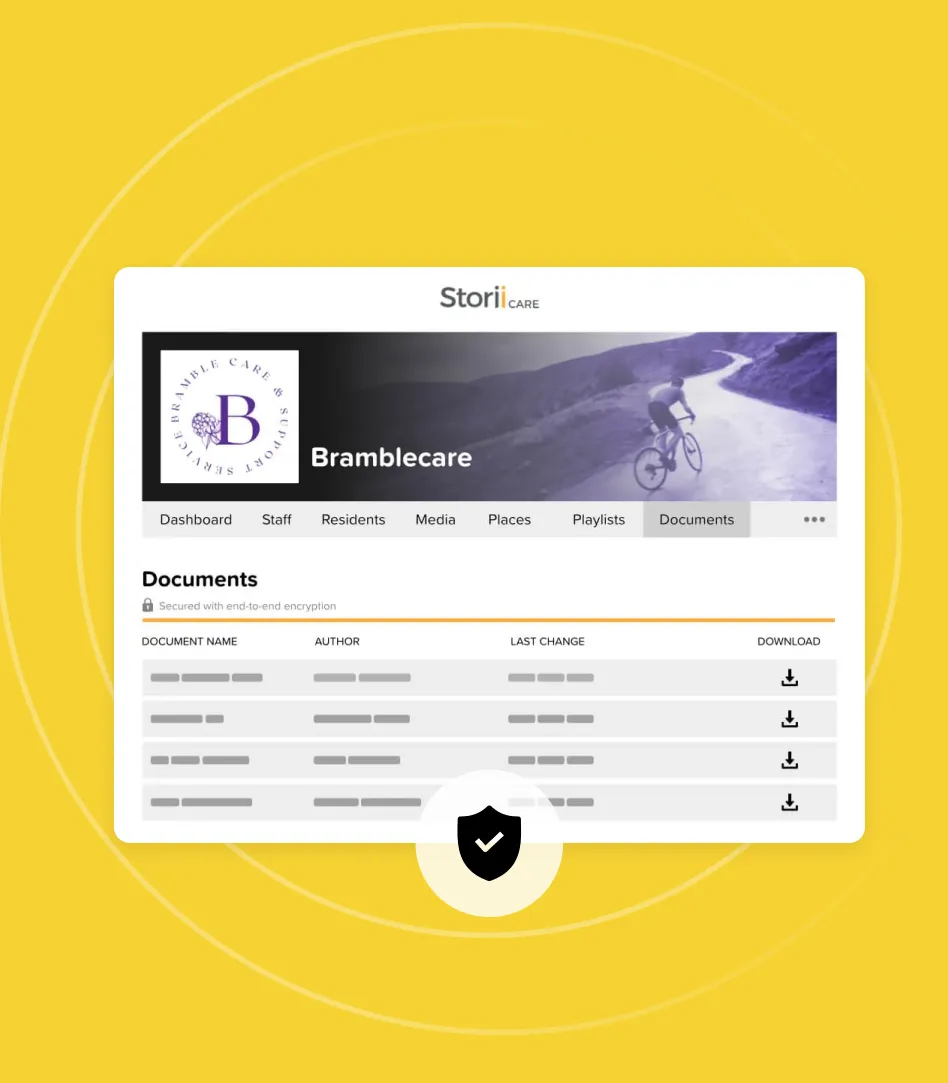Your client's home is an ideal place to facilitate a reminiscence activity to remind them of the past. Everyone enjoys feeling a little nostalgic now and then. Additionally, these activities can add something new to a repetitive daily routine. Whether you’re hoping to assist someone in the early stages of dementia or simply boost a client's mood, these activities can help promote connection, communication and relaxation. The best part is that if your home care client particularly enjoys one of these, they can continue participating from the comfort of their home.
1) Pull out a Cherished Card or Board Game
In the age before screens became a dominant form of entertainment, games were an incredibly popular way to spend time with friends and family. Card games and board games can hold a lot of memories for seniors. Aside from using it as a reminiscence tool, games are a great way to exercise cognitive function while having fun!
2) Whip up Baked Goods with Family Recipes
Ask your client if they keep a recipe box or a family cookbook. Go through their recipes and ask about particular memories or experiences attached to them. Every family has treasured dishes! Helping your client to make their father's infamous Bolognese or the Strawberry Rhubarb Pie that they baked for their daughter's summer birthday every year gives them the chance to reminisce. Plus, the outcome is delicious.
3) Sort Through Old Photos
Whether your client keeps old photographs in albums, shoeboxes, or on the computer, going through them together can be an activity in and of itself. Revisiting the memories captured in old photos will remind them of so many different experiences in their life—and that might just bring out a smile. Researchers have found that looking at old photos has a positive effect on our mood and is linked with happiness and higher levels of life satisfaction. Brew a up of tea and ask them to take you down memory lane.
4) Set Up Life Story Recording with Storii
With Storii, your client can receive up to 3 calls per week on designated days and times. The automated calls will ask them questions about their life. For example, "What TV and radio shows did you enjoy growing up?". When they are ready, they press 1 to record their answer. Those audio recordings get stored securely on their Storii profile.
If your client is rather tech savvy, they can even login to their Storii account and answer questions with text, add photos, print off a Life Story Book, etc. Connected friends and family can receive text notifications anytime their loved one answers a Life Story Question. This has been shown to prompt subsequent conversations and connection, reducing loneliness and social isolation.
5) Read or Listen to Stories from the Past
Books can hold a special place in people's hearts. There are certain stories and characters people form attachments to. Books we've read multiple times can feel comforting and familiar, bringing up memories of the past. If your client can't read anymore, consider reading to them or purchasing them an audiobook version of a classic tale they love. People living with dementia may not be able to concentrate on a story for long periods of time. In this instance, short stories and poetry can be great options!
6) Visit a Flea Market or Antique Store
If you take your client out of the home for respite sessions or appointments, consider a stop at a local flea market or antique store. Browsing through vintage memorabilia can make for a great, laid back reminiscence activity. There's bound to be nostalgic household items, clothing, and pop culture references galore! With troves of items to look at, you're bound to discover all kinds of great conversation topics for reminiscing about.
7) Create a Playlist
Music is widely known to be one of the last things we forget as we age. It holds a lot of power, as it can reach various parts of the brain. A major review in 2017 confirmed that ‘among sensory simulation interventions, the only convincingly effective intervention for reducing behavioural symptoms (specifically agitation and aggressive behaviour) was music therapy’. Why not prompt your client to create a personal playlist of music that holds special memories for them. If they're able to access any music streaming platforms, it makes the process easy. But even if they don't have access to a digital device, there are still ways to put one together. For instance, who doesn't remember making a CD mixtape? There's some nostalgia for you!


.avif)

.png)
.png)
.png)










